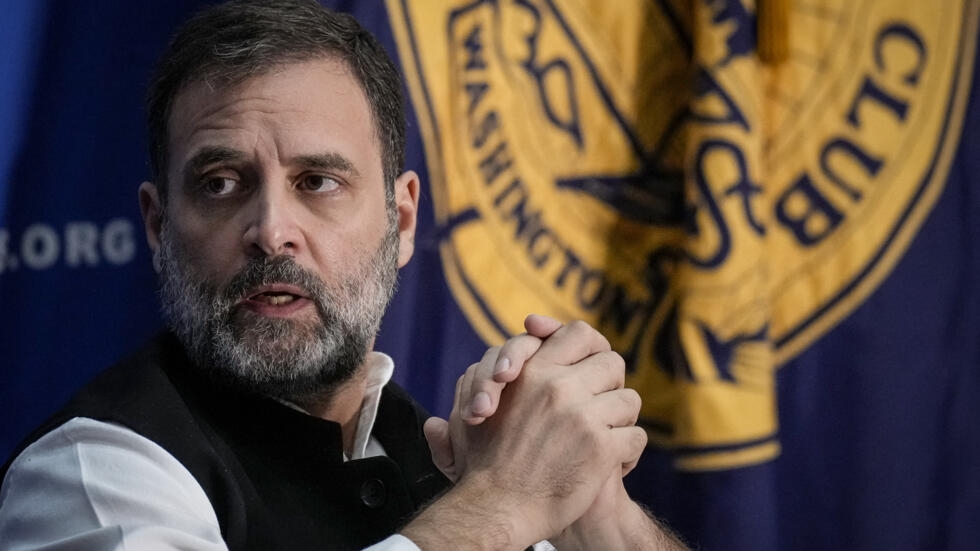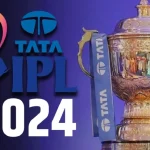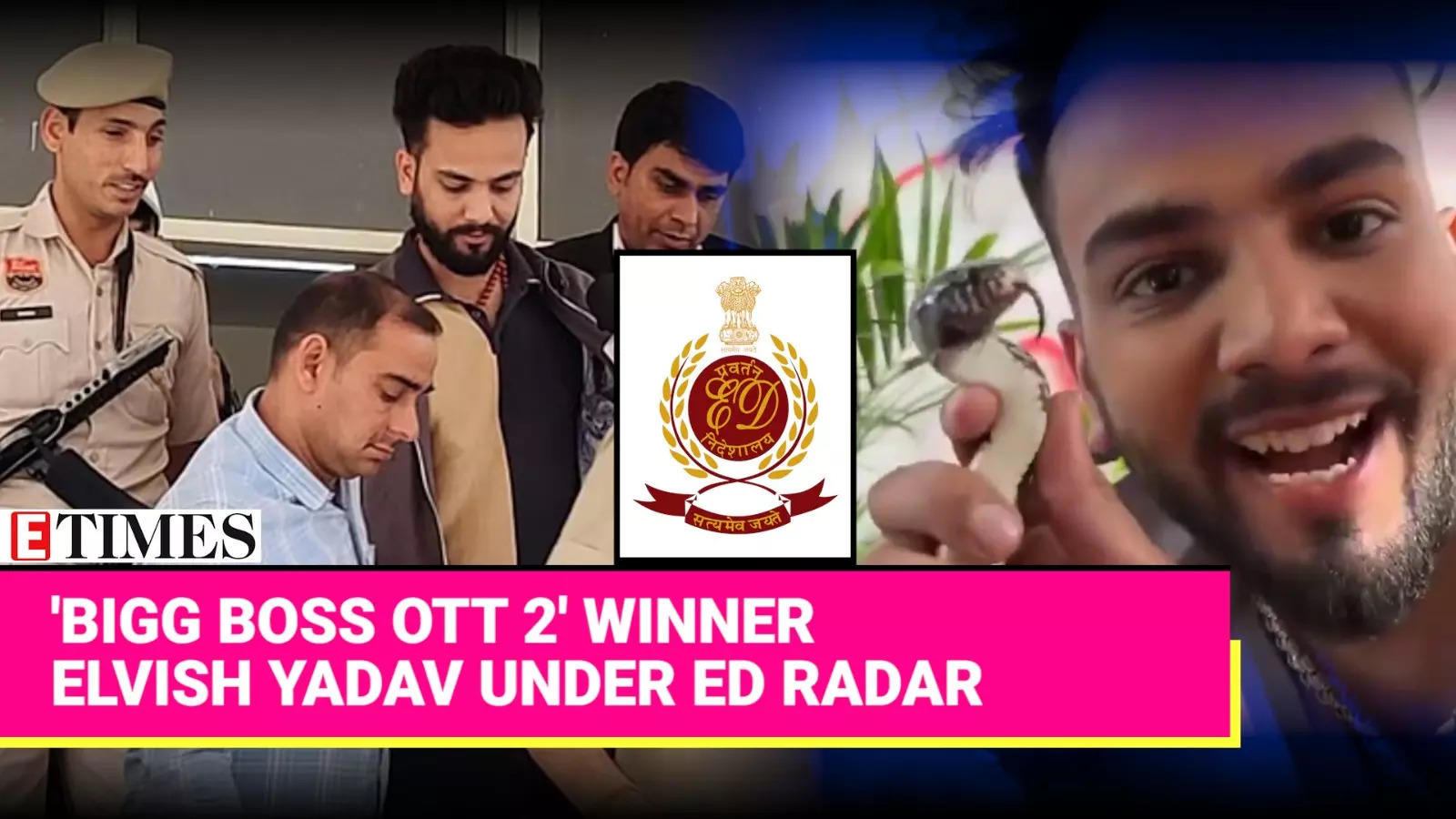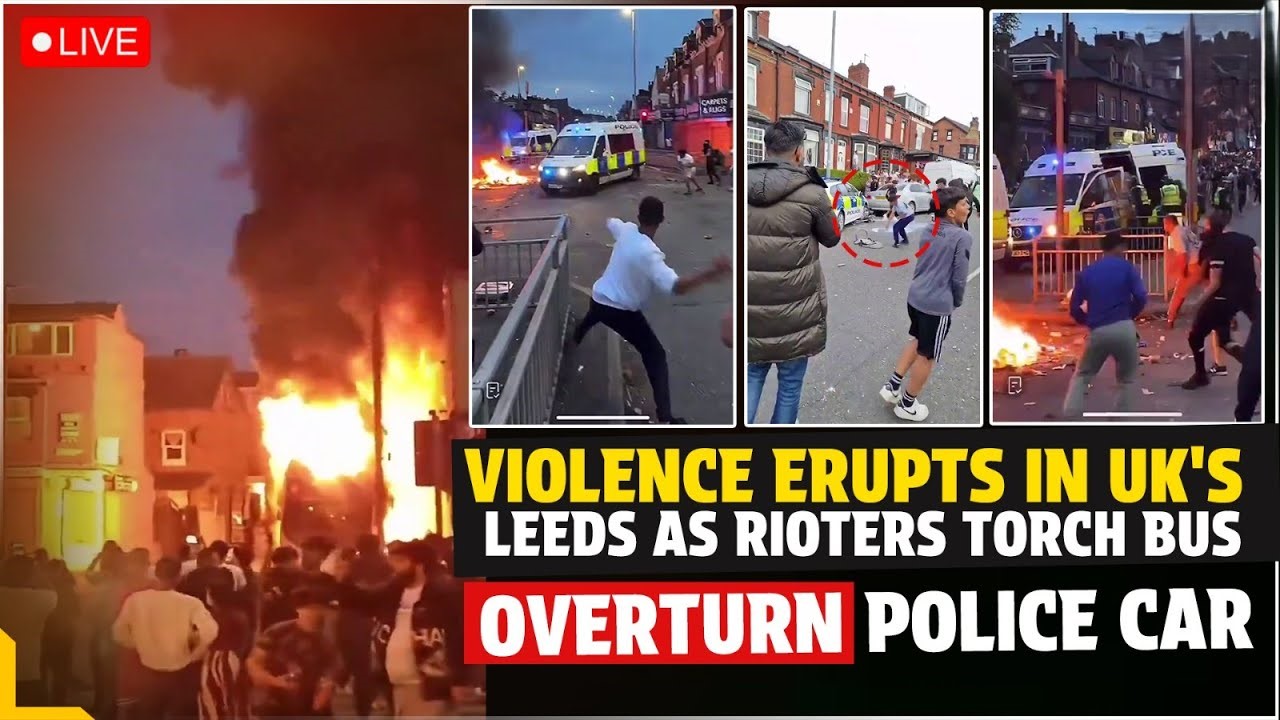
Rahul Gandhi’s defamation conviction was put on hold by India’s top court on Friday, giving the troubled former head of the nation’s largest opposition party a much-needed reprieve. After going through a trial that he claimed was politically motivated, he had lost his eligibility to serve as a legislator.
The Supreme Court’s ruling paves the way for Parliament to restore Gandhi’s elected status and let the trial’s merits to be resolved. This may provide him the opportunity to take on Prime Minister Narendra Modi in the election of 2024.
Gandhi’s attorney, KC Kaushik, confirmed the verdict to the Press Trust of India, one of the country’s biggest news organizations. The attorney highlighted that Gandhi’s legislator position should be reinstated by Parliament as soon as possible.

In March, Gandhi, the former head of the Indian National Congress, was found guilty of slander and sentenced to two years in prison. His 2019 election campaign speech was at the center of the conviction.
Gandhi’s political party, the Congress, denounced the conviction and charged Prime Minister Modi with exploiting the legal system to remove Gandhi from Parliament and quiet his detractors.
Gandhi has been negotiating the legal system as the leader of the opposition since his conviction, asking for a sentence reduction that would allow him to return to the legislature.
A member of Parliament may be removed from office under Indian law if they commit an electoral infraction such inciting animosity between two groups, accepting bribes, abusing their position, or voting under a false identity. A legislator may potentially lose their seat if they are found guilty of another crime and get a sentence of two years or longer.

Gandhi’s attorney, K.C. Kaushik, talked with the Press Trust of India following the judgement and demanded that his client’s legislator position be reinstated “as fast as it was revoked.”
Gandhi was convicted of defamation by a court in the western state of Gujarat for remarks he made in 2019 in which he compared robbers to Modi and said they had the same last name. Modi served as governor of Gujarat before being elected prime minister.
One of the few opponents of Modi with sufficient name recognition was put in jeopardy by the ensuing disqualification.
Gandhi traveled 3,500 kilometers (2,175 miles) throughout India last year to meet people and pique their interest in the Congress, a once-dominant party that has had difficulty winning elections lately.

In the first important test of voter opinion following that campaign, the Congress defeated the BJP in a critical state election in southwest Karnataka.
The Congress and a number of other opposition parties last month created an alliance called as INDIA in an effort to topple Modi in the elections of next year.
The BJP may rely on Modi’s popularity, but the INDIA coalition has not yet proposed a leader to take on Modi in the following election. Gandhi is among the few opponents who are seen to have the star power and name recognition necessary to challenge Modi in a general election.
He is Rajiv Gandhi’s son, a former Indian prime minister. His great-grandfather, Jawaharlal Nehru, was the country’s first Prime Minister, and his grandmother, Indira Gandhi, was the country’s first female leader.
His grandmother was slain while in government, and his father was killed by a bomb blast while running for office in the southern state of Tamil Nadu. Tragically, both of their lives ended in tragedy.










